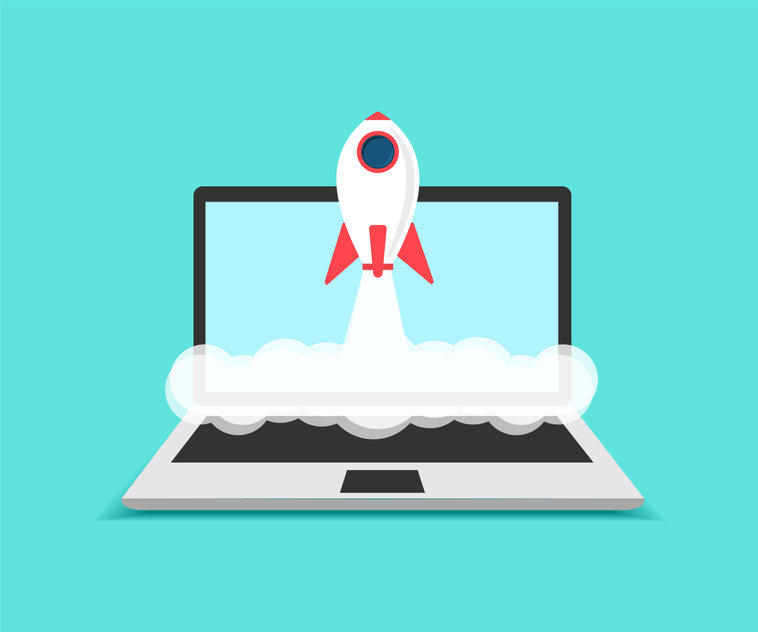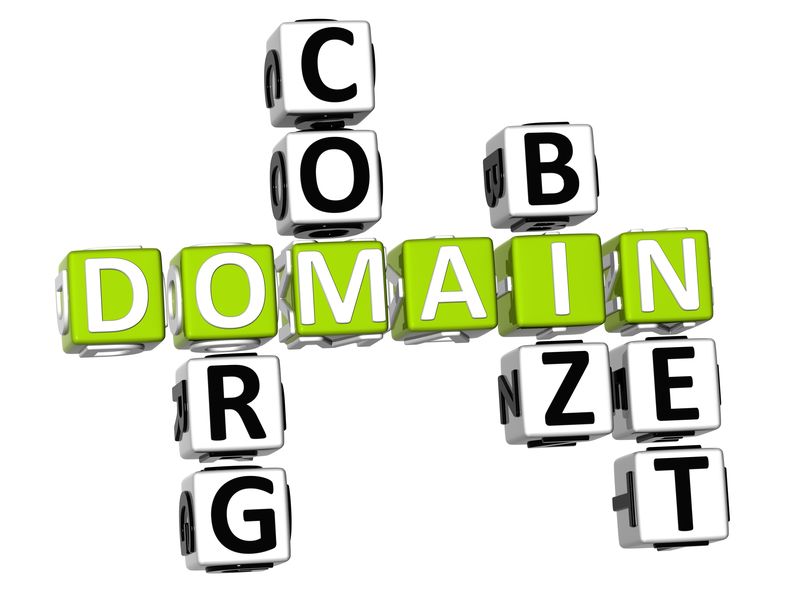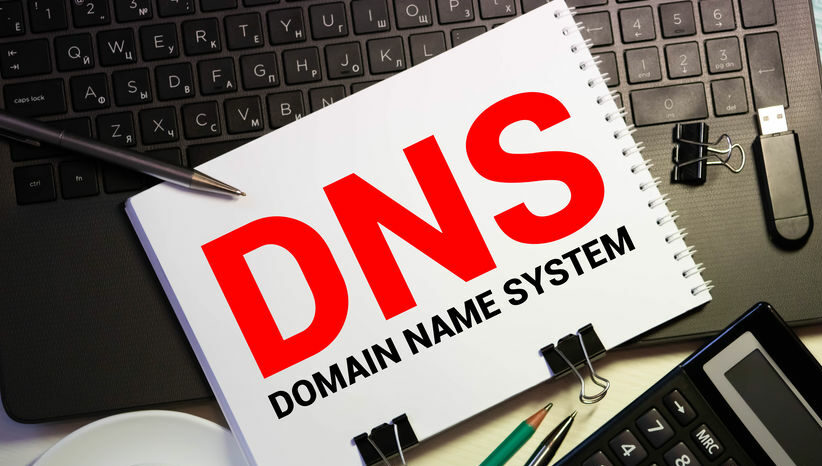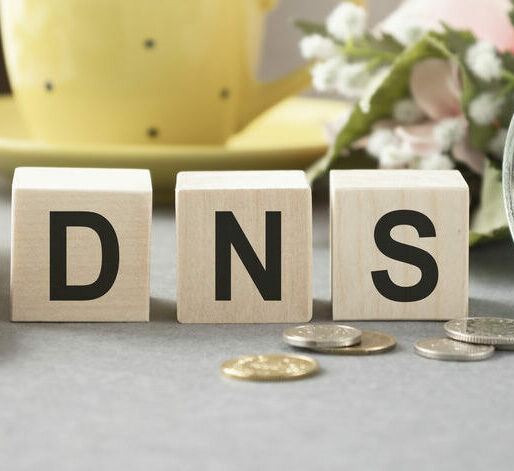Anycast DNS is absolutely something you should benefit from. Why? Because it can increase the speed of your online service, whether it’s a website, app, or more. So if you want to learn more about what it does, you’ve come to the right article. But first, let’s see what actually is.
What is the purpose of Anycast DNS?
Anycast DNS is a form of communication or routing technology that allows you to send and receive data more quickly. One IP address can be entered into several DNS servers around the world using this method. Any of them has the ability to react to the request. The goal is for the server that is nearest to the user in terms of distance to respond. This significantly speeds up the response time (DNS resolution).








